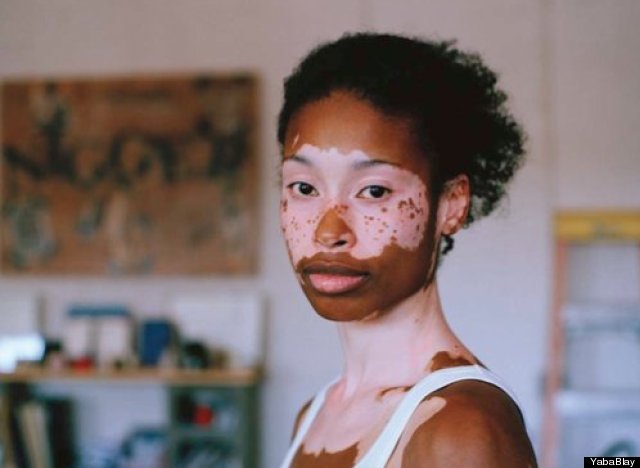
Who is Black? What is Blackness?
In a country where the face of the future is becoming ever more ethnically ambiguous, Blackness must be recognized as something other than just skin color and specific physical attributes. (1)ne Drop: Shifting the Lens on Race, a book published last year by Dr. Yaba Blay, explores the complexities of racial classifications, and the different ways that people live and experience Blackness.
Blay's book, recently highlighted in a PolicyMic article by Amirah Mercer, features Noelle Théard's photographs of individuals who fit the so-called one-drop rule, but who self-identify in various ways.
In antebellum America, the one-drop rule was used to define a person with any Black ancestry, no matter how remote, as Black. By 1910, this rule had become law in most Southern states "to protect and preserve White racial purity," Blay writes in her book. "One hundred years later, however, the social and political landscape has changed. Or has it?"
Blay examines this issue through the narratives and photographs of contributors. She asks them questions like "How do you identify? Racially? Culturally? Upon meeting you for the first time, what do people usually assume about your identity? Do people question your Blackness?"
Tigist Selam, "Ethiopian and German"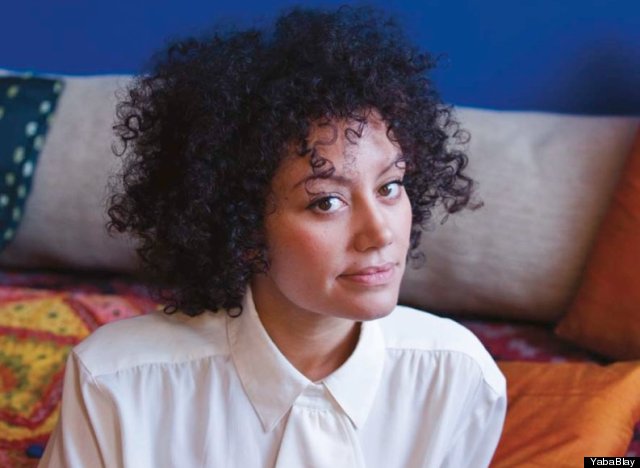
"I personally identify as Black racially, Ethiopian and German/American culturally. I never say I'm Black except for in political context, because I don't even know what that means ... To me, culture is very specific, and I'm multicultural. So, when I identify as Black, I'm making a political statement; I'm not trying to simplify my own cultural complexity."
Zun Lee, "Black" Photographed by Carolyn Beller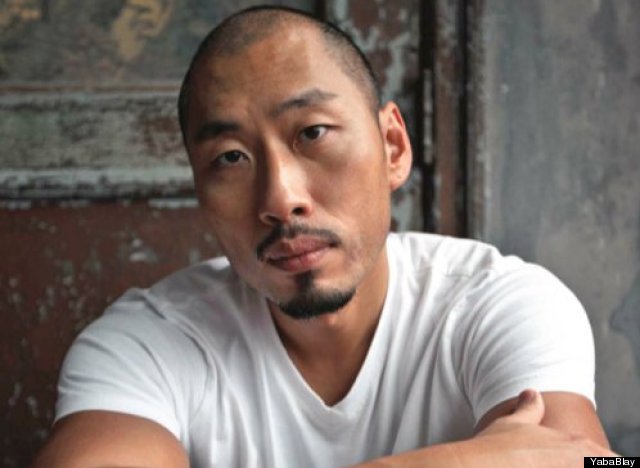
"I identify as Black. And when I say 'Black,' it’s not just based on race or color; it's about what feels most comfortable in terms of a sense of home."
Sembene McFarland, "Black/African-American"
"A lot of people just look and see skin color. Your skin is White, therefore you're White. Or are you? One girl said to me, 'I've been wanting to ask you this question but I didn't feel comfortable asking you because I thought that you might be offended, but are you Black or are you White?' And I told her, 'Well, I'm always Black.'"
Deborah Thomas, "Mixed/Jamerican"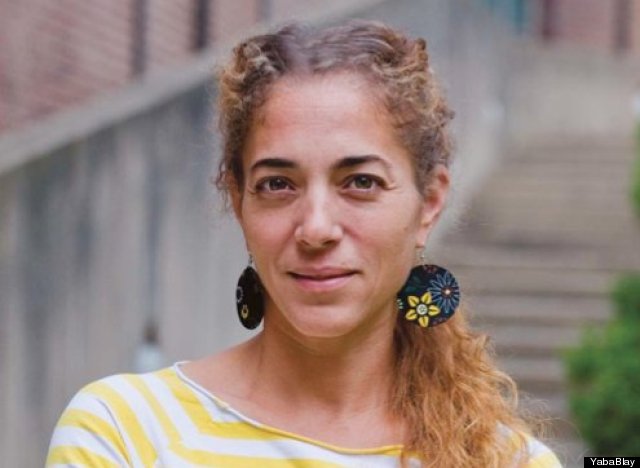
"Though in certain contexts, people will see me as White, I've never tried to pass. I don't know why one would. I mean, obviously sociologically I know why one would, but it's just never been an option to me."
Nuala Cabral, "Black/Mixed/Cape Verdean" 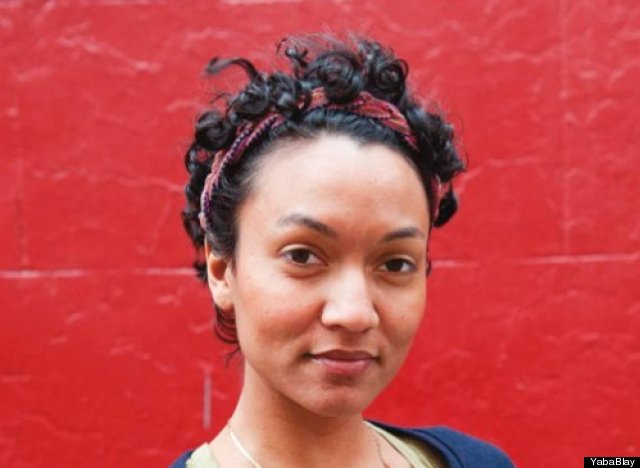
"I may identify as a Biracial person -- I'm Black and White -- but if people see me as a Black woman, that's how I'm treated. So I identify as a Black woman because I move through the world as a Black woman."
Kaneesha Parsard, "Black/Multiracial" 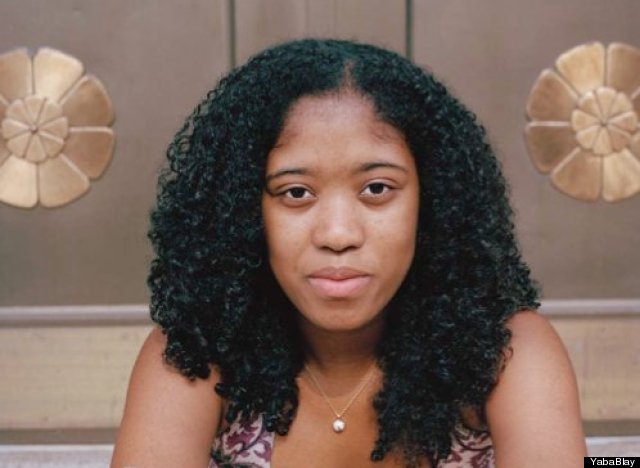
"I tend to believe that being Black -- like choosing to identify as Multiracial -- is not about phenotype as much as it's about feelings of belonging and identification. I'm Black because I feel the memory of the Middle Passage and slavery most strongly. I'm Black because when I look in the mirror I see my mother, her mother, and my aunts."
Sean Gethers, "Black/African-American"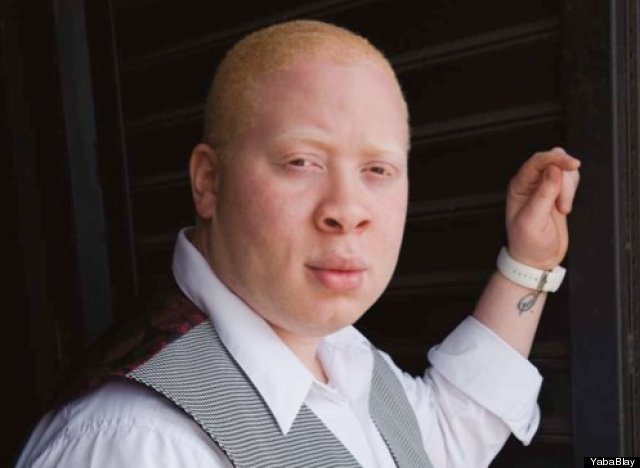
"A lot of Caucasians think I'm White because they've never run into somebody that has albinism ... At the same time, I don't feel like I’m passing. I can't hide being Black. My nose, my eyes, my lips, my cheekbones. Come on, ain't no white part of me except my skin. You can't judge a book by its cover."
Destiny Birdsong, "African-American/Black"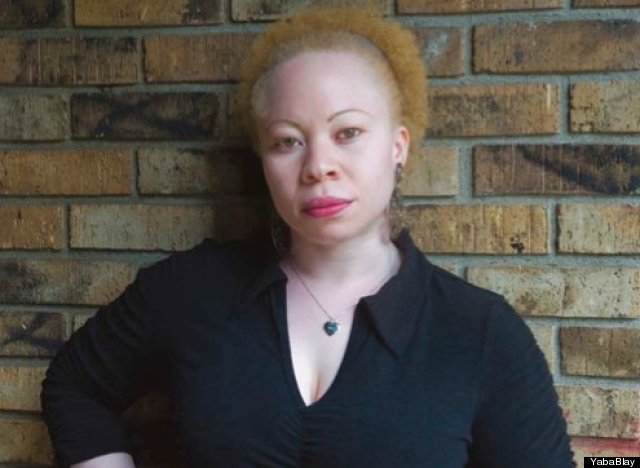
"I've always had a fear of being mistaken for White because you have to deal with people's ignorance ... It's a way that someone can use language to really erase who you are and your own past."
Angelina Griggs, "Colored"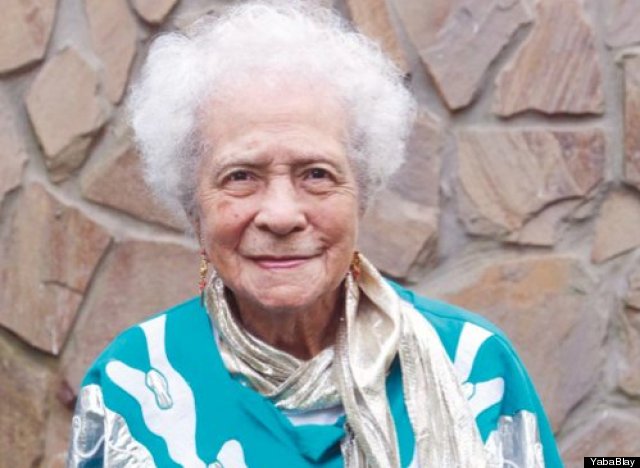
"My father's father was White, and his mother was dark ... My father never laid on us about no 'yella' or no light skin or no White or no passing or none of it. He told us we were Negroes. He would tell us about how the White people took advantage of his mother and how we needed to respect her."
Brett Russell, "Yu'i Korsou (a child of Curaçao)" Photographed by Richard Terborg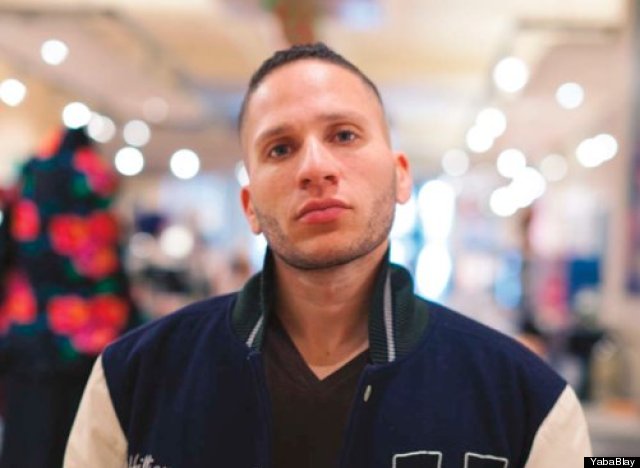
"At one point it seemed like every day, a couple of times a day, someone would ask me, 'Where are you from?' And when I would tell them, they'd say something like, 'You're from Curaçao? How can that be?' or 'You ain't Black.'"
Sosena Solomon, "Ethiopian" 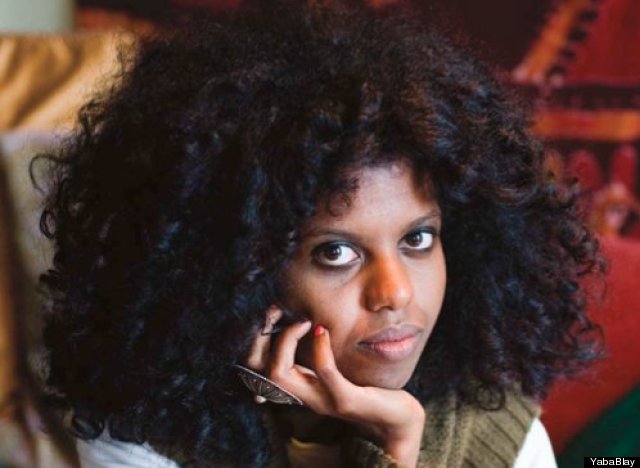
"When you say 'Black' in Ethiopia it just means 'dark,' it doesn't say anything about your identity. It's just a color. Just a description. But growing up here, I've learned how Black really is an identity."
James Scott, "Appalachian African-American"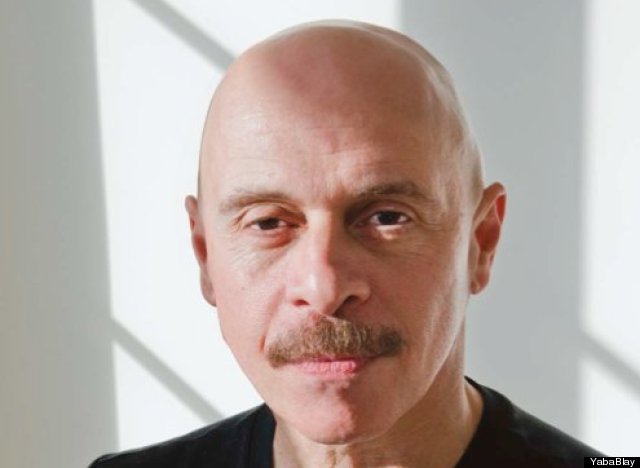
"Somebody might look at me and question my Blackness or feel like I don't have the right to speak for African Americans because I don't look Black. They might even assume that I don't experience racism because of how I look."
Johanne Stewart, "African-American"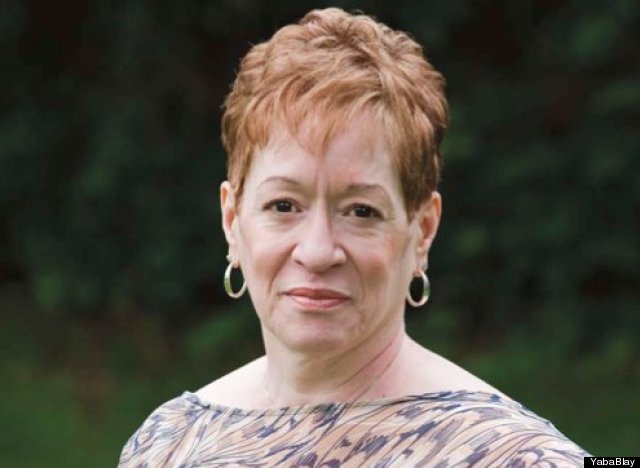
"Vitiligo is not something that changes you as a person. I may not be the color I used to be, but I am the same person. I don't try to pass myself off as somebody that I'm not. I'm still who I've always been -- a strong Black woman who is very proud to be a part of a race of people that have endured a lot."
Koko Zauditu-Selass, "African" 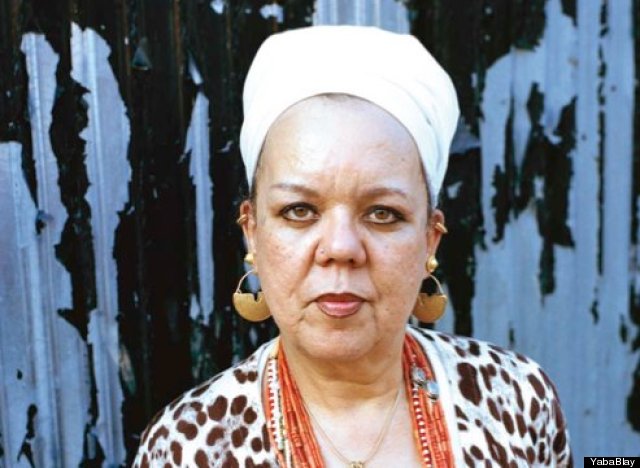
"'You keep saying 'African.' Don't you mean 'African Americans'? I had to come up with a general definition: When I say 'African people,' I mean all people who have their heritage primarily situated in West Africa. And that's including the Diaspora."
Kristina Robinson, "Black from Louisiana"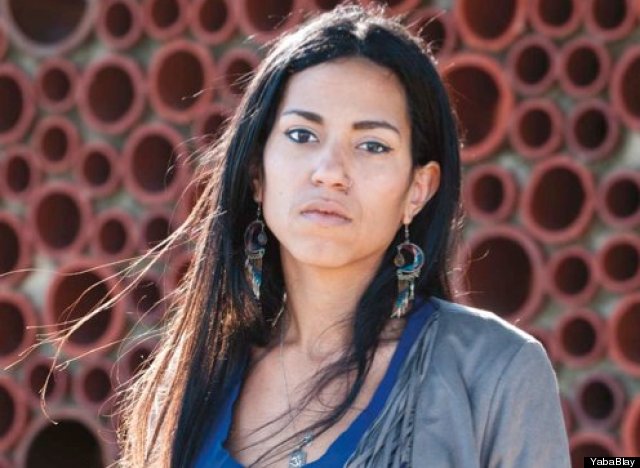
"Most people would call that Creole, but I identify as a Black person first."
Biany Pérez, "Afro-Dominican"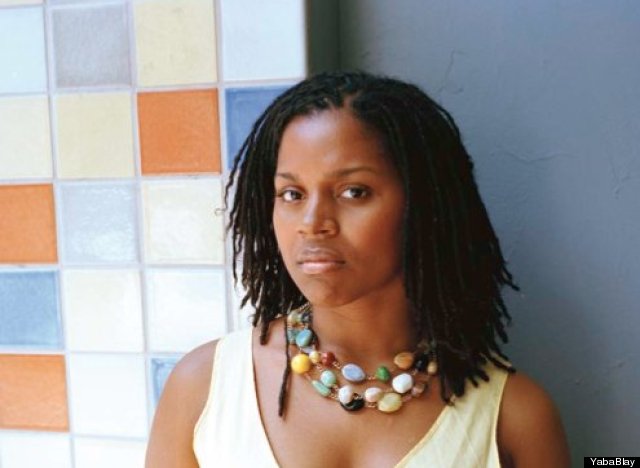
"Most times when people ask me, 'What are you?' I say I'm Black. Although I do identify as Afro-Latina, I'm very careful about saying it because I want you to understand that I'm Black first. Yes, I'm Latina, but I know that my lived experience is not as a Latina. I'm treated as a Black American first. I'm Black first, and it is because of my experience."
See more photos from (1)ne Drop at PolicyMic.